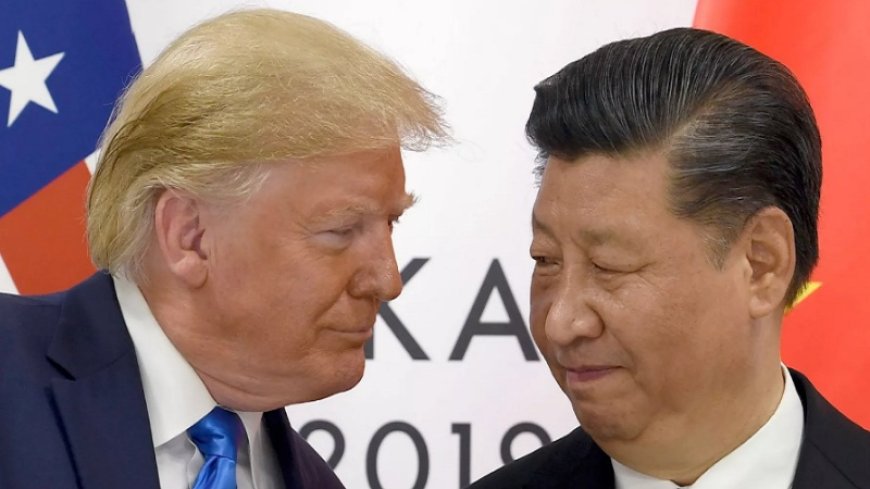Xi Jinping will not travel to Washington to attend Trump's inauguration: CBS News
Chinese President Xi Jinping will not travel to Washington to attend the inauguration of US President-elect Donald Trump, the American television channel CBS News reported. The inauguration of the new head of the White House is scheduled for January 20, 2025.

Chinese President Xi Jinping will not travel to Washington to attend the inauguration of US President-elect Donald Trump, the American television channel CBS News reported. The inauguration of the new head of the White House is scheduled for January 20, 2025.
"The Chinese ambassador to the United States and his wife are expected to attend the event, which is standard practice," the channel said in a statement. The sources did not rule out that the ambassador could be joined by other officials from Beijing, but not Xi Jinping himself.
It is noted that the invitation to attend Trump's inauguration, which was transmitted through unofficial channels, "surprised Beijing" because they are "accustomed to strict protocol and complex dynamics in US-China relations," and therefore remain puzzled about Trump's intentions.
Earlier, CBS, citing sources, reported that Trump had invited Xi to his inauguration. This was later confirmed by Caroline Levitt, a spokeswoman for the Republican transition team, without specifying whether the Chinese leader had accepted the invitation. In turn, Chinese Foreign Ministry spokeswoman Mao Ning did not comment on the situation with the invitation.
The United States should stop constantly interfering in the internal affairs of other sovereign states under the pretext of caring about human rights, Chinese Foreign Ministry spokesman Mao Ning said at a briefing, commenting on US sanctions against Chinese companies.
This was stated at a briefing by the official representative of the Chinese Foreign Ministry, Mao Ning, commenting on US sanctions against Chinese companies.
"If the US truly cares about human rights, it should first pay off its own human rights debts, rather than politicizing and adopting the issue to interfere in the internal affairs of other countries and harm their interests."
He noted that Washington seeks to suppress China's high-tech enterprises and deprive the Chinese people of their right to development. "These tricks will not succeed," Mao Ning said.













































